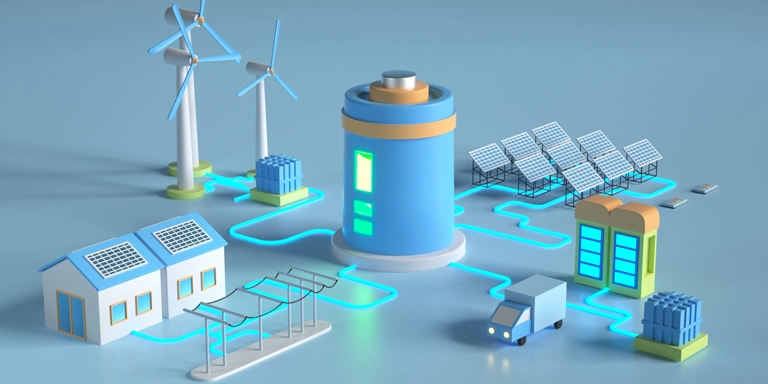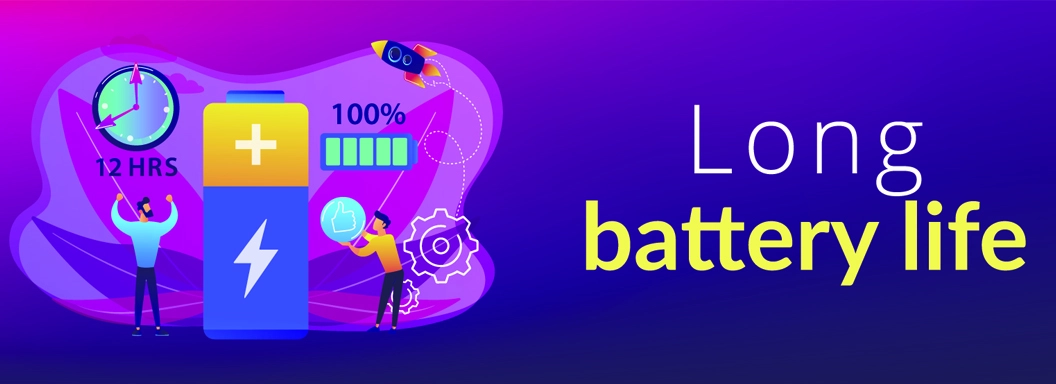Battery energy storage systems (BESS) are becoming increasingly popular as a means of managing energy demand and improving the integration of renewable energy sources into the grid. However, there are still a number of challenges associated with the widespread deployment of BESS, particularly in terms of cost and efficiency. In this article, we will discuss some of the challenges facing BESS and the potential solutions to overcome these challenges.

One of the primary challenges facing BESS is the high cost of batteries. Although the cost of lithium-ion batteries has decreased significantly in recent years, it is still one of the most significant barriers to the widespread adoption of BESS. To overcome this challenge, researchers are exploring alternative battery chemistries that are more cost-effective, such as flow batteries or sodium-ion batteries. These alternative battery chemistries have the potential to reduce the overall cost of BESS and make them more accessible to a wider range of customers.
Another challenge facing BESS is the efficiency of the system. When energy is stored and then later discharged from the batteries, some energy is lost due to the conversion process. This means that the amount of energy that can be delivered by the battery is less than the amount that was stored. To improve the efficiency of BESS, researchers are exploring different battery management systems that can optimize the charging and discharging process, as well as exploring new materials for battery electrodes that can reduce energy loss.
Interoperability is another challenge facing BESS. Different batteries may have different chemistries and control systems, which can make it difficult to integrate them into the grid. To address this challenge, researchers are developing standardized communication protocols and control systems that can be used by different BESS. This will make it easier for utilities to integrate multiple BESS into the grid and ensure that they are all operating in a coordinated manner.
Finally, there are challenges related to the environmental impact of BESS. The production of batteries requires significant amounts of energy and resources, and the disposal of used batteries can have negative environmental impacts. To address this challenge, researchers are exploring new recycling and reuse strategies for batteries. These strategies can help reduce the environmental impact of BESS and ensure that valuable resources are not wasted.

While there are still several challenges associated with the widespread deployment of BESS, researchers are actively working on developing solutions to overcome these challenges. By improving the cost-effectiveness and efficiency of BESS, developing standardized communication protocols, and exploring new recycling and reuse strategies, we can ensure that BESS plays an important role in the transition to a more sustainable energy future.
At Lybess, we understand the importance of finding sustainable energy solutions for the future. That’s why we are committed to supporting the development of innovative technologies like BESS. By working with our partners in the energy industry and investing in research and development, we are helping to create a more sustainable future for all.






 Facebook
Facebook
 Twitter
Twitter
 Linkedin
Linkedin
 Back to list
Back to list




